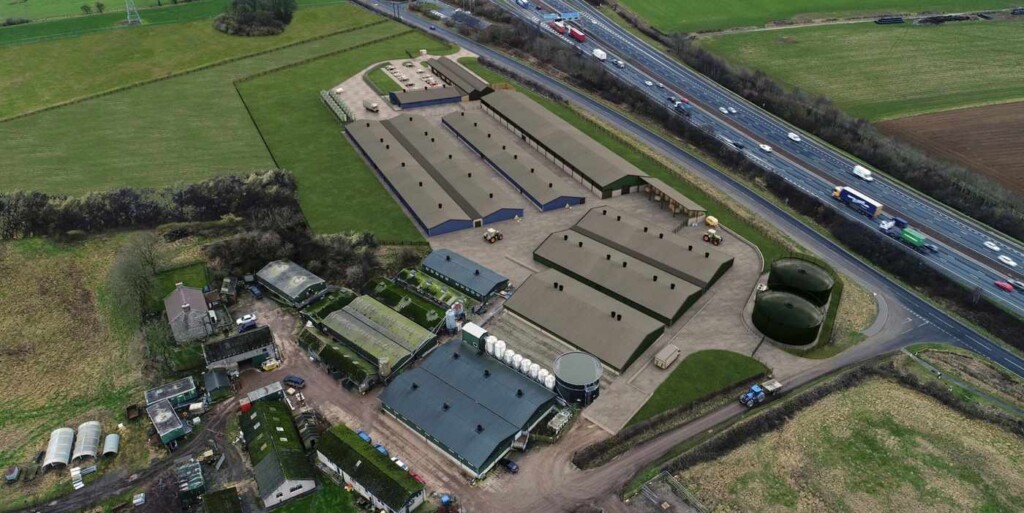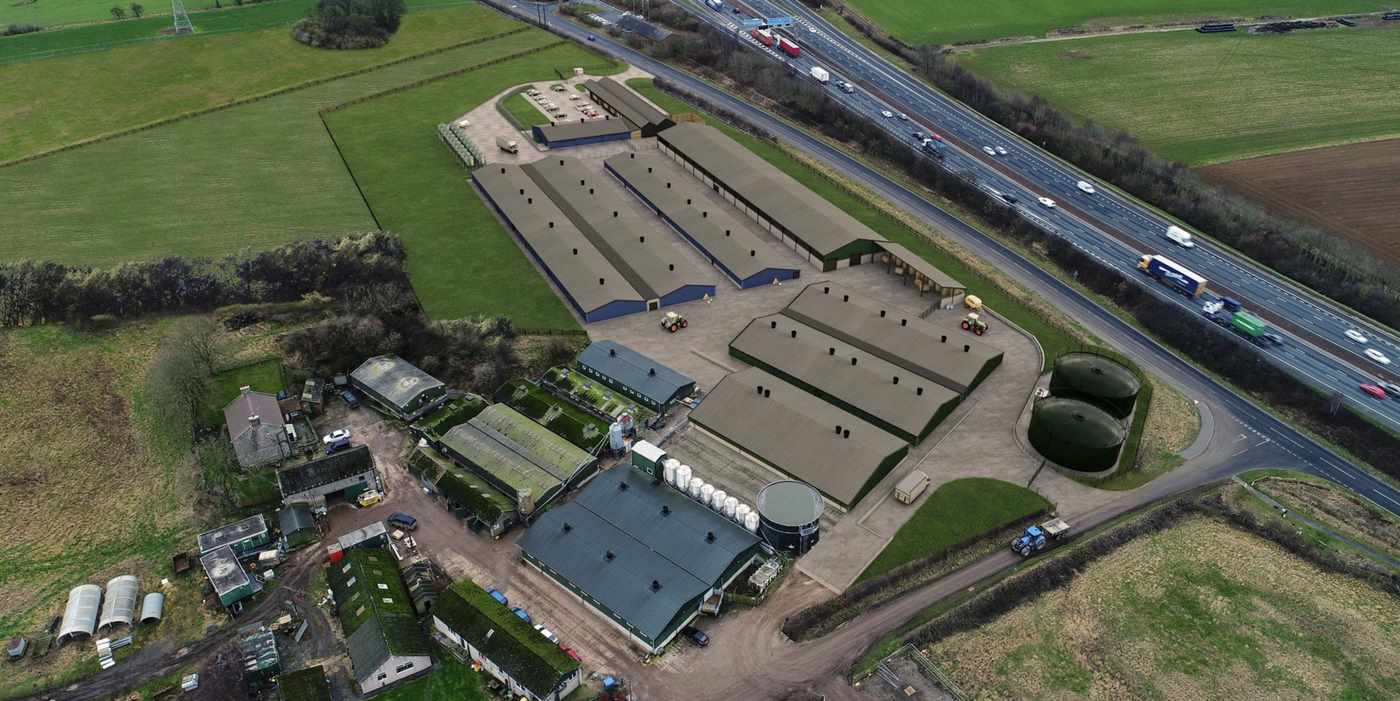
There’s been a lot of talk in the media over the last few years about insect protein, whether used in fake beef, protein bars, or other processed applications, but a startup in the UK has come up with a way to integrate bugs into the food supply chain in a way that not only cuts emissions, but doesn’t upset the stomach.
The now 9-year-old start-up Entocycle uses bugs to replace corn, soy, and fishmeal as high-quality animal feed for pigs and chickens.
Of the major meat sources around the world, chickens and pigs are known in the industry as ‘monogastrics’ meaning they have one stomach as compared with other meat sources like beef, sheep, and goat, which are ruminants, meaning they have several stomachs.
Ruminants eat only grass, roughage, and other vegetable material, but while chickens and pigs have been fed corn, soy, and other agricultural products for years, bugs would have made up an important and large part of their natural diets, especially for the latter, which were domesticated from tropical jungle fowl we must remember.
At Entocycle’s London development facility, thousands of black soldier fly larvae are turned into protein feed for pigs and chickens. This species of fly will eat almost any wasted food, making insect farming a double whammy for environmental waste management, as it offers the potential to divert food scraps from the landfills where they would normally generate methane, a potent, albeit short-lived, greenhouse gas.
“It is the quickest, cheapest, most sustainable insect to farm and it’s a non-disease, non-pest species found all over the world,” says Entocycle founder and chief executive Keiran Whitaker.
MORE INSECT ALTERNATIVES: New Mesh for Crops Keeps Out Insects, But Lets in Sun and Rain for up to 3x the Yield
While it might seem that a fly wouldn’t be able to produce a sufficient amount of eggs to create enough food for all world poultry and pork farming, they actually do create a serious amount of protein. But it’s so much more than that.
A previous study published in 2021 found that incubating pig manure with black soldier fly larvae substantially reduced manure nutrient levels with reductions in nitrogen, carbon, energy, phosphorus, and potassium in the residual material, potentially decreasing the environmental problems caused by surplus manure on farms making its way into the river systems during heavy rains, a major problem in England for example.
These flies also have a positive effect on animal health, with several scientific studies conducted in recent years supportive of the benefits. A 2022 study found that the supplementation of black soldier fly larvae in pig diets had beneficial effects on the growth performance of pigs and on improving meat quality.
MORE AG NEWS: Instead of Corn and Soy Farming, Use Lab-Grown Oil to Help the Planet, Scientist Says
Because of this, a 40-foot walk-in fly breeding center developed by Entocycle was installed at the University of Leeds’ Research Farm, which tests out innovative agricultural technology on a farm that aims to be entirely circular.
Across the Atlantic, US food giant Cargill is already using insect feed in its pork and poultry operations, manufactured by a company called Innovafeed.
WATCH the story below from Reuters…
BUZZ Over To Your Friends’ Social Media Pages And Share This Exciting News…




















